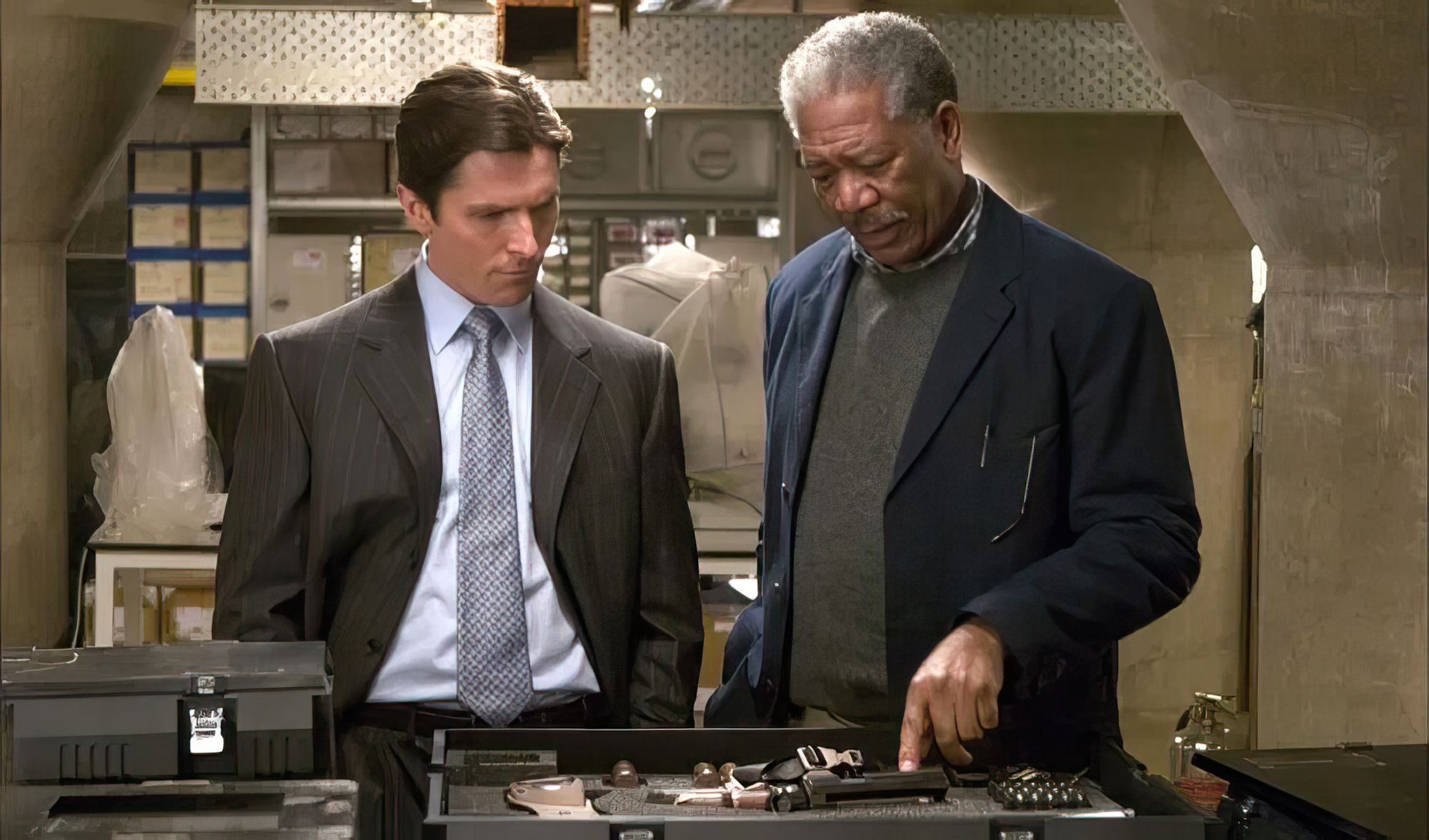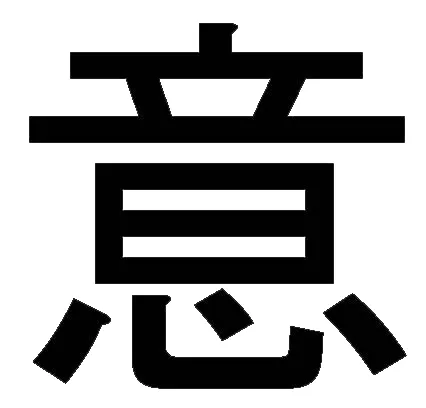How I Source Innovations

After over a decade of continuously reviewing technologies for startups or engineering programs I've built, I developed a framework for finding great technologies. When I was 18, I interned for venture capital firms and researched opportunities in energy storage and nanotechnology. Later on I worked in IP & Tech Transfer at one of the most advanced laboratories in the world. My frameworks from Wharton Business School and books provided great foundations, but didn't always predict what innovations would in the future. Over time, I started companies, made investments, and developed my own lessons learned beyond what I could find online or read in a book. These are the top 3 things I look for.
1) Intent
When I read a paper and interview the innovator, I try to understand the intent. In most cases, I find that the innovator is very passive in his/her goal. The credentials are there: degree from prominent school, decades of experience, accredited institution, but it would feel off. What I found over time was that sincerity towards the problem made the difference. It's easy to say something is the greatest thing ever, but to dedicate the time, deep thought, and emotional investment into something that may not work out in the end is very hard to do. The more passionate the innovator, the more deep work and time is put into the idea.
The concept of intention or yi (in chinese) is huge in mindfulness, philosophy, and martial arts. In some traditional forms of martial arts, they believe that the beginning of any movement or technique starts with the yi or intent.

I find, more often, the intent of an invention is to be different for the sake of being different or to be sold as something much better. Those are fun to dream about, but when I'm building a company around it to tackle a large problem, I require a much higher standard.
2) Sound Scientific Principles
I hear all too often there is "sound science" works but what does that even mean? It's used to describe everything even when the technologies ultimately don't even work. I see many technologies marketed as the best thing ever, but what I look for is good fundamental principles, equations and critical thought.
The analysis should draw upon principles from textbooks and accredited research and sound less like something out of a comic book. Discussions of physics, chemistry, thermodynamics, fluid mechanics, and heat/mass transfer are sound indications of good scientific principles. My biggest giveaways are heat and energy analysis. Everything in the world works when materials are immune to high temperatures and we have infinite energy (or infinite money). There should also be basic math or back-of-the-envelope calculations to support claims. Most people would be surprised at how much basic engineering and due diligence can be done with Microsoft Excel or pen/paper.
3) Thought Process
A good paper has an analysis and a conclusion. I find people tend to look mostly at conclusions to spare reading dense discussions. I do the opposite. I read the analyses and discussions for how someone thinks and it gives me more confidence in the conclusion.
I look first for first principles thinking because it exhibits the most depth. I also look for systems thinking where someone pulls together and integrates knowledge across multiple disciplines. For a solution to be novel, it has to be outside-the-box if the problem is one that is important. If it were easy, then the problem would be solved. The justification for such an out-of-the-box idea has to be driven something extremely insightful. A great example is the idea of the front-facing camera. It turns out people like taking pictures of themselves with the screen available for feedback. It's easy to read a McKinsey report on the future of an industry, it's harder to pour through 100's of technical papers, patents, and textbooks trying to find a gem.
A Final Thought
Most people ask the question "will it work?". A better question is "will it absolutely not work?". If the answer is yes, which often it is, one can make the timely decision to move on. If an idea somehow passes that question, that's a great place to start.
